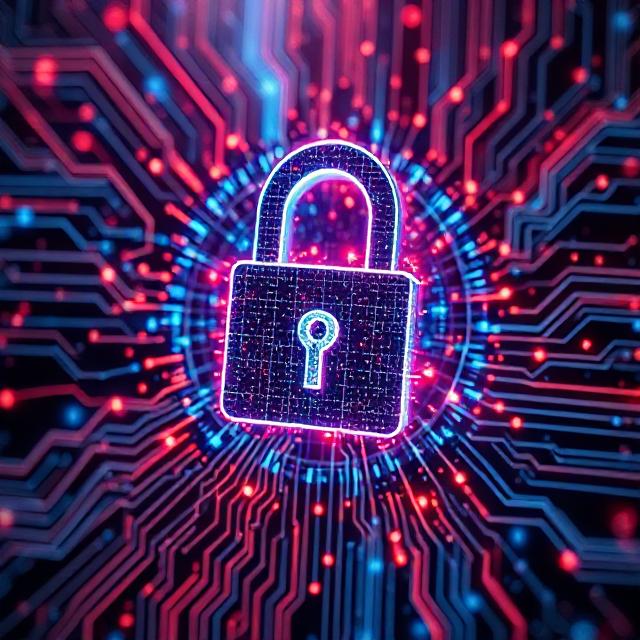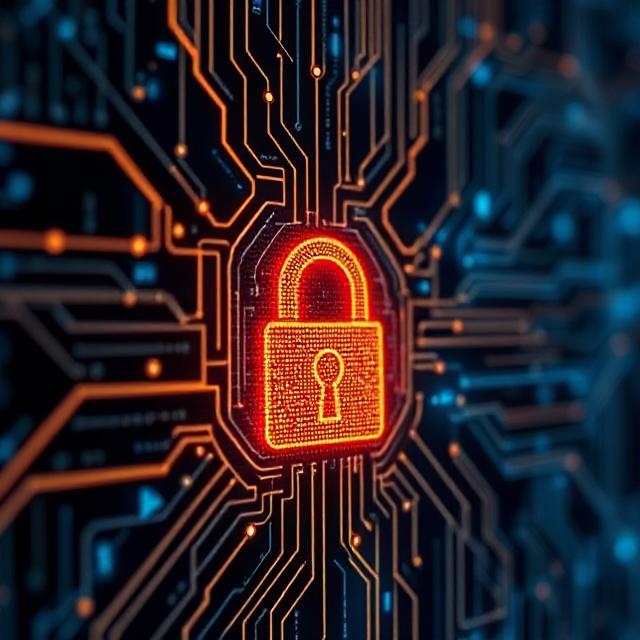Introduction: Where Biology Meets Cybersecurity
In the digital age, biotechnology and biopharma companies don’t just develop therapies—they manage vast troves of data: genomic sequences, proprietary process protocols, bioinformatics pipelines, patient datasets, tech transfer files, and AI-derived molecular predictions. As these industries digitize, encryption has emerged not as an IT afterthought, but as a foundational layer of protection, privacy, and power.
Encryption—the process of encoding data so only authorized parties can access it—is now a linchpin for innovation and regulation in biotech.
“DNA may be the code of life, but without encryption, life sciences remain dangerously exposed.” —Dr. Alina Patel, Data Security Fellow, Broad Institute
1. The Explosion of Biological Data: A Breeding Ground for Risk

Biotech firms produce petabytes of sensitive data across pipelines:
- Genomic data: Whole genome sequencing (WGS), epigenetic profiles, microbiome sequencing
- Clinical trial data: Subject-specific, longitudinal, multi-omic data tied to protected health information (PHI)
- Manufacturing IP: Tech transfer documents, cell line specifications, CRISPR guides, fermentation parameters
- AI models: Proprietary ML models trained on proprietary data
- Regulatory files: INDs, BLAs, and correspondence with FDA/EMA
With the growth of AI and cloud infrastructure, everything from DNA synthesis to drug formulation is now encoded, stored, and transferred in digital form. And that’s a hacker’s dream.
Key Threats:
- IP Theft: Espionage from state-sponsored or rogue actors
- Ransomware: Locking entire databases of patient trials
- Manipulated Tech Transfer: Altering SOPs to sabotage processes
- Cross-border Breaches: Cloud-hosted data vulnerable to international interception
2. Tech Transfer and the Need for End-to-End Encryption
In CDMOs and biotech partnerships, tech transfer is the heartbeat of collaboration. It involves sending massive packets of experimental protocols, raw data, batch records, and automation code across borders, systems, and partners.
Encryption Use Case:
A biotech startup transfers plasmid map files and fermentation SOPs to a CDMO in another country. Without encryption, these could be intercepted or altered en route—potentially leading to failed batches or exposed trade secrets.
Why it matters:
- SSL/TLS encryption protects data in transit
- Zero-trust architecture ensures endpoint-level access only
- PKI and asymmetric encryption secure document integrity and sender verification
According to MIT’s Center for Information Systems Research:
“Up to 63% of tech transfer in life sciences involves email attachments or unsecured file systems. Encryption protocols are years behind other industries.”
CDMOs like Thermo Fisher and Samsung Biologics have begun adopting enterprise-grade encryption layers to maintain client confidentiality.
3. Encryption in Bioinformatics Pipelines and Genomic Data
Bioinformatics involves manipulating massive genomic and transcriptomic files—sometimes from hundreds of thousands of patients.
Key Applications:
- Encrypted genomic databases: Storing patient WGS data with field-level encryption
- Homomorphic encryption: Allows researchers to perform computations on encrypted genomic data without decrypting it—a game-changer for patient privacy
- Secure multi-party computation (SMPC): Enables federated genomic research without centralizing raw data
Case Study: Stanford + Microsoft Research Stanford researchers have collaborated with Microsoft to develop privacy-preserving genomic analysis tools that let researchers compute on encrypted DNA sequences.
“With homomorphic encryption, we can do genomic association studies without seeing a single patient’s data in the clear.” —Dr. Anshul Kundaje, Professor of Genetics & CS, Stanford
Startups like Duality Technologies and Genetica are incorporating homomorphic encryption directly into their AI genomics stacks.
4. Encryption in Personalized Medicine and Patient Data
As medicine becomes more tailored to the individual, so does the sensitivity of the data collected:
- Electronic Health Records (EHRs)
- Pharmacogenomic profiles
- Longitudinal tracking from wearables and diagnostics
To comply with HIPAA, GDPR, and evolving global privacy frameworks, biotech and medtech companies are adopting:
- AES-256 encryption for stored patient data
- Tokenization to replace identifiers with unique pseudonyms
- Blockchain for immutable patient data access logs
“Patients should not have to trade privacy for precision medicine.” —Dr. Yaniv Erlich, MIT Media Lab
Companies like Nebula Genomics offer consumer genomic testing with full-chain data encryption and blockchain-based consent management.
5. The Rise of Quantum Threats and Post-Quantum Encryption (PQC)
Quantum computers could break today’s encryption standards (RSA, ECC) in minutes.
Biopharma, with its decades-long data retention needs (e.g., trial data, CMC data, INDs), is especially vulnerable to “harvest now, decrypt later” threats.
NIST PQC Contest: The National Institute of Standards and Technology (NIST) has been standardizing post-quantum encryption schemes.
Startups like QuintessenceLabs are offering quantum random number generators and PQC toolkits specifically for pharma and life sciences.
6. Bioreactors, IoT, and Secure Manufacturing Control Systems
Biomanufacturing uses automated control systems tied to sensors, bioreactors, and LIMS. These are now exposed to cybersecurity risks.
Threat: Bioprocess Hijack
A hacker alters the temperature or pH sensor inputs of a live bioreactor via a compromised IoT device, leading to failed drug production.
Encryption tools for industrial biotech systems:
- TLS/SSL for device-to-server communication
- Secure bootloaders and firmware-level encryption
- Blockchain-secured batch records
Researchers at University of Cambridge are exploring encrypted, decentralized control systems for bioreactors that reduce reliance on central server vulnerabilities.
7. Ethics, Encryption, and the Ownership of Life Data
The question of “Who owns your DNA?” becomes more urgent when everything from disease risk to ancestry is digitized.
Encryption is key to establishing data sovereignty:
- Individuals must have full control over who accesses their data
- Consent should be cryptographically logged
- Smart contracts can ensure revocable, time-bound data access
“Encryption is not just technical—it’s philosophical. It answers: who gets to see life itself?” —Dr. Ruha Benjamin, Professor of African American Studies, Princeton
8. Biotech Startups and the Encryption Opportunity

Modern biotech companies should treat encryption as core infrastructure, not a compliance checkbox. Areas of innovation include:
- Encrypted machine learning pipelines for drug discovery
- Zero-knowledge proofs to verify clinical trial integrity without revealing full datasets
- Keyless signature infrastructure (KSI) for verifying scientific records
- Fully homomorphic EHR analysis in the cloud
Companies like Enveil, SCRYPT, and Sanctuary AI are working at the intersection of secure computation and biotech applications.
9. Call to Action: Encryption as a Scientific Standard
Encryption should be as standard in biopharma as good lab practices. As synthetic biology, AI, and patient-facing apps converge, the biological becomes digital. And the digital must be protected.
Steps for Leadership:
- Fund internal cybersecurity/encryption teams
- Mandate encryption audits of CDMOs and CROs
- Use decentralized, encrypted EHR platforms
- Partner with encryption-first software vendors
- Advocate for post-quantum readiness at FDA and EMA
Final thoughts: Life is Code. Encrypt It!
Biotech is not just about curing disease. It’s about managing information about life. As our ability to engineer biology grows, so too does the responsibility to protect the data that drives it.
In this new frontier, encryption is not an add-on. It’s the lock on the gate of the genome, the firewall of our microbiome, the checksum of clinical trust.
Life is information. Information is power. And power, unprotected, is always at risk.
